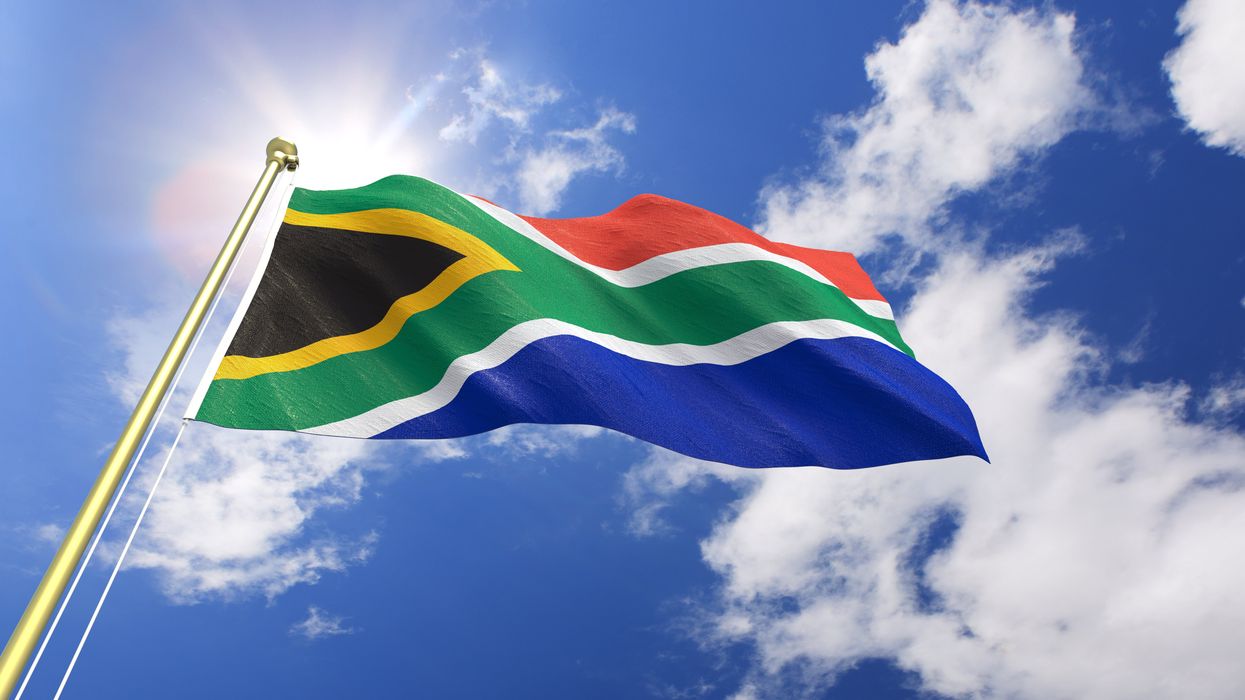Johnson is a United Methodist pastor, the author of "Holding Up Your Corner: Talking About Race in Your Community" and program director for the Bridge Alliance, which houses The Fulcrum.
As an African American and a Christian cleric, I have long been inspired by the struggle for freedom and justice in South Africa. The history of racial segregation and inequality under the system of apartheid left an indelible mark on the nation and its people, a legacy that continues to shape the country's trajectory to this day.
Thirty years after the end of apartheid, I am preparing to embark on an immersion study of this remarkable country and its complex history. This journey will be a profound personal and spiritual pilgrimage, a chance to walk in the footsteps of those who fought for change and witness the ongoing struggle for equality and justice.
While the transition to democracy has brought significant changes, including the election of a black president and more excellent representation for marginalized groups, this writing highlights how deep-seated inequalities and tensions persist. Issues such as economic disparity, land rights, and access to education and health care remain contentious, reflecting the deep scars of a divided past that have yet to heal fully.
Ubuntu is a profoundly powerful philosophy. This Zulu expression of a sincerely held African value concept emphasizes the interconnectedness of all people and the importance of human dignity. Ubuntu teaches that I am who I am because of who we all are. This idea challenges us to see every individual's inherent worth and potential and recognize that our identities and sense of self are inextricably linked to the communities we belong to and the people we share our lives with. This principle resonates deeply with my Christian faith and emphasizes love, compassion and unity. Through the lens of Ubuntu, I see a reflection of the biblical teachings of agape love – a selfless, unconditional love that seeks the well-being of all people, regardless of their background or beliefs.
Ubuntu offers a powerful lens through which to understand and address the challenges facing South Africa today. It calls us to recognize every individual's inherent worth and potential, regardless of background or beliefs. It challenges us to break down walls of division and build bridges of understanding. It invites us to work together for the common good, recognizing that our fates are intertwined and that the prosperity and peace of the nation depend on the well-being of all its people.
Reflecting on South Africa's socio-political history and spiritual life leaves me in awe. I recognize that I will be a visitor from a position of unique privilege and have much to learn from this resilient nation. I am aware that I will encounter both the beauty and the pain of a country that has wrestled with the legacies of colonialism and segregation for centuries. But I also believe that in the face of these challenges, the resilient spirit of the South African people, fueled by the fire of Ubuntu and the principles of democracy, can light the way towards a more just and equitable future.
In the words of the great South African anti-apartheid activist Desmond Tutu, "There is only one race – the human race." Ubuntu reminds us that our shared humanity is our greatest strength. It teaches us that we are all interconnected, that our fates are linked, and that the only way to build a just and peaceful world is by recognizing and celebrating every person's inherent dignity and potential. As I embark on this journey of solidarity and learning, I do so with a heart full of hope, a mind open to discovery, and a commitment to witness the power of Ubuntu in action. I am inspired by the example of those who have fought for freedom and justice in South Africa. I am humbled by the opportunity to contribute, in my small way, to the ongoing struggle for a more equitable society.
Remembrance of a Post-Apartheid South Africa reminds us of the extraordinary journey of the South African people and calls upon us to remember other inequitable societies. Americans ought to heed Ubuntu's call to recognize every person's inherent worth and potential, to break down barriers of division, and to build bridges of understanding. Let us work together as one human family to create a world where the dignity and flourishing of all people is our highest priority. Our shared humanity is our greatest strength.




















Trump & Hegseth gave Mark Kelly a huge 2028 gift